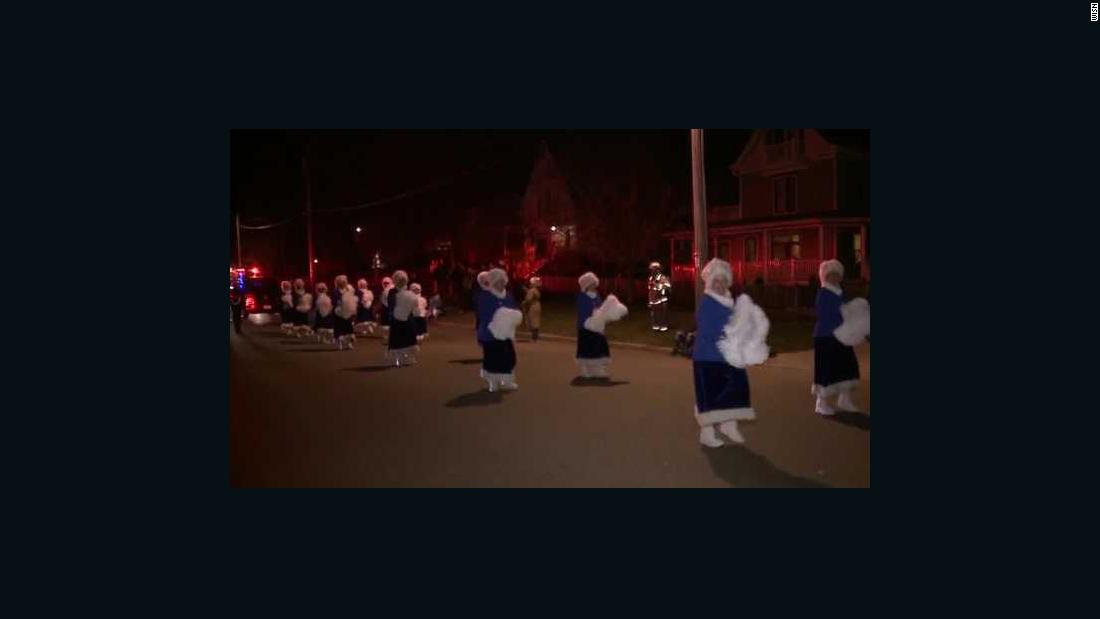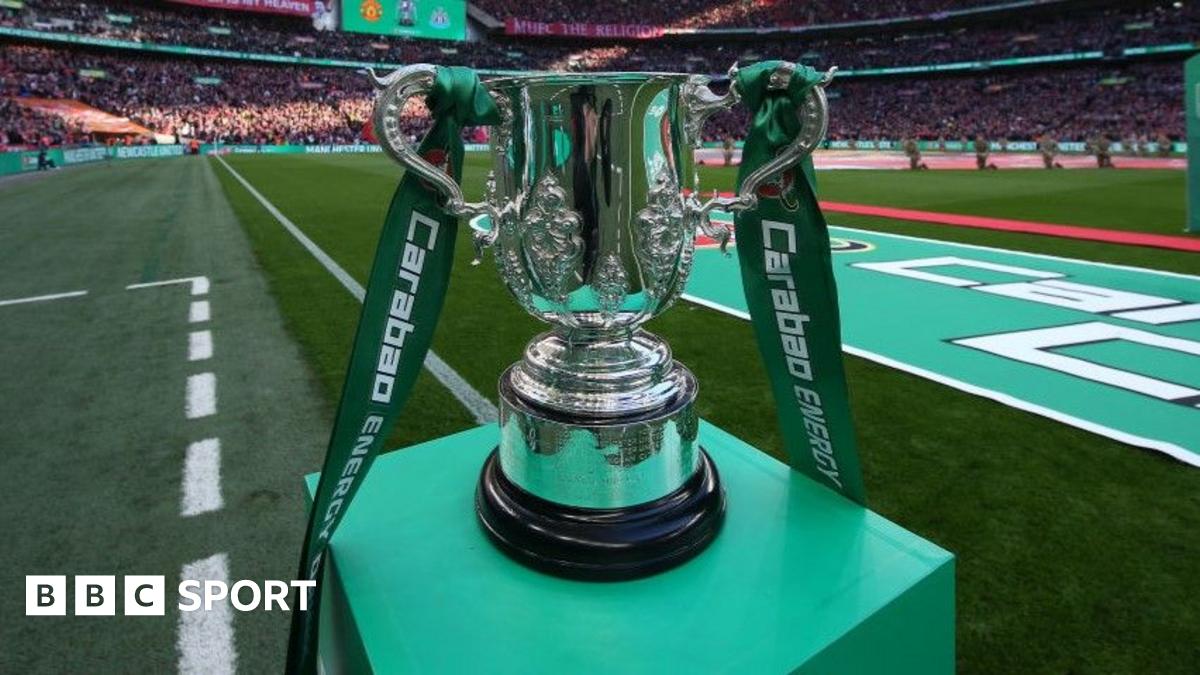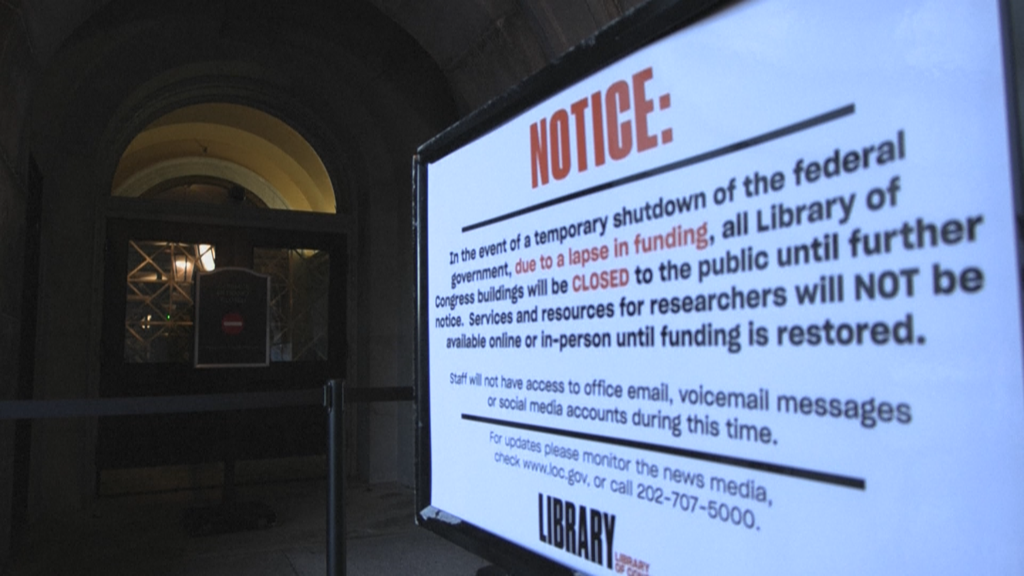Robin Guitars Immortalized in New Book
The founders of the Rockin’ Robin guitar shop – Bart Wittrock and Dave Wintz – also started a company that manufactured guitars in Houston beginning in the ‘80s and marketed them under the banner of Robin Guitars. The post Robin Guitars Immortalized in New Book appeared first on Houston Press.


Folks who frequent Montrose are familiar with Rockin’ Robin, the guitar shop on Shepherd with murals of Freddie King (“The Texas Cannonball”) and Stevie Ray Vaughan painted on its side wall. But what they may not know is that the founders of Rockin’ Robin – Bart Wittrock and Dave Wintz – also started a company that manufactured guitars in Houston beginning in the ‘80s and marketed them under the banner of Robin Guitars.
The history of this relatively little-known (compared to Fender, Gibson, et al.) brand has been documented in a new book, Thunder Out of Texas: The Illustrated History of Robin Guitars (Acclaim Press, 128 pp., $29.95), written by Willie Moseley, the senior writer for Vintage Guitar magazine. Don’t be deceived by the relatively low page count. The book is designed in an 8 ½ x 11 format and contains over 500 photos, most of them in color and printed on high-quality stock.
Moseley has written several books dealing with the history of the guitar and of specific brands, among them Peavey Guitars: The Authorized American History. Why Robin? “Robin had attracted my attention fairly early in my career with Vintage Guitar,” Moseley says. “I toured the factory and the Rockin’ Robin store in 1993 when I was in town to work the Vintage Guitar booth at a guitar show at the George Brown Convention Center that the magazine was co-sponsoring. Many of their models had a distinct and interesting aesthetic but still maintained a perceptible retro vibe in their design.”
Initially, Robin guitars were manufactured in Japan by the Tokai company. These instruments were, by and large, similar to Fender Stratocasters, with some Gibson Explorer-ish guitars thrown in for good measure. But when the American dollar took a nosedive in relation to the Japanese yen in 1987, Wittrock and Wintz realized that the time had come to move their manufacturing stateside. Wintz set up shop in a facility west of downtown Houston, later moving the operation to an office park off T.C. Jester. Moseley quite correctly refers to the development as “homecoming in reverse.”
This shift ushered in an era of distinctive (wild?) designs, both in terms of body shapes and graphics. While the Medley guitar featured a Strat-style body, that particular model was available with either a reverse headstock or a decidedly non-standard “Y” shaped headstock with four tuners on one side and two on the other. Later, the Machete debuted with a body style inspired by Gibson’s Firebird that also vaguely resembled an Explorer with rounded corners. By the ‘90s, Robin was offering customers the option of custom graphics. Photos in Thunder Out of Texas show a Bart Simpson design, a U.S. Air Force motif and a rendering of the three crosses on Calvary.
In addition to Wittrock and Wintz, a number of Houston names show up in the narrative. First-call luthiers Neil Sargent (Robin’s first employee) and Ron Pace are mentioned, as is Allen Hill (of the Allen Oldies Band), who worked as an artist relations representative for Robin, along with Freddie Cisneros (aka “Little Junior One-Hand”), who managed Rockin’ Robin for a time. Also mentioned is attorney Dahr Jamail, a Robin guitar owner whose band Titty Bingo probably spent more on bumper stickers than guitar strings.
Texas musicians who are mentioned as Robin players in Thunder Out of Texas includeBilly Gibbons and Dusty Hill (ZZ Top), Stevie Ray and Jimmie Vaughan (who frequently played a double-neck Robin at the same time), Eric Johnson, David Grissom and Ray Benson (Asleep at the Wheel).
Robin was a company that had a unique aesthetic. How to describe Robin guitars to someone unfamiliar with the brand? “If they were only familiar with Fender and Gibson—a likely occurrence—I would first brandish a Robin Wedge in front of them to get their attention,” Moseley says, noting that players should “be careful with any guitar that looks like a medieval battle weapon.”
The Wedge was perhaps the most radical of Robin’s designs. Mosely points out that the instrument was “a lot more balanced and comfortable—standing or sitting—than you might think, as hyped by Bart Wittrock. He used to love to strap one onto someone who’d never played the model, to watch their reaction. And that included me, on my first visit to Rockin’ Robin. He probably said, ‘I told you so’ to hundreds of players!”
Robin ceased taking orders for new instruments in 2010, in part due to the economic downturn which followed the financial crisis of 2008. The new reality meant that profit margins were shrinking, and rather than raise prices – something he didn’t think would have been fair to his customers – Wintz elected to shut the company down.
However, two Houstonians – entrepreneur Jack Brandt and amplifier builder Jake Rynearson – began their work to resurrect the brand in 2023. Operating out of the Robin manufacturing facility on T.C. Jester, the new company will manufacture Robin guitars, Rio Grande pickups and Steamboat tube amplifiers.
“I think they’re taking the right approach with the guitars by easing back into the market, and this time accompanied by an amplifier line,” Moseley says. “I think they have the potential to succeed again. As we are conversing, the October 2025 guitar show in Mesquite is going to be an important event in reintroducing the line to the public.”
Did the fact that Robin was a Texas company make a difference? “Absolutely. Texas is its own musical planet. It’s located just to the left of the heartland of American music – New Orleans, Mississippi delta, Memphis, Muscle Shoals, Nashville, Macon – so a lot of those locations and the genres nurtured therein have, of course, seeped into the Lone Star State. There’s also the influence of Mexican music,” Moseley says.
“Texas doesn’t have a proportionally large guitar-making history, however. Messrs. Wintz and Wittrock tried to exploit the hyper-diverse Texas music scene in an admirable manner with some great designs.”
For more information on Thunder Out of Texas, visit AcclaimPress.com.
For more on Robin Guitars (along with a ton of photos), visit RobinGuitars.com.
The post Robin Guitars Immortalized in New Book appeared first on Houston Press.
























































